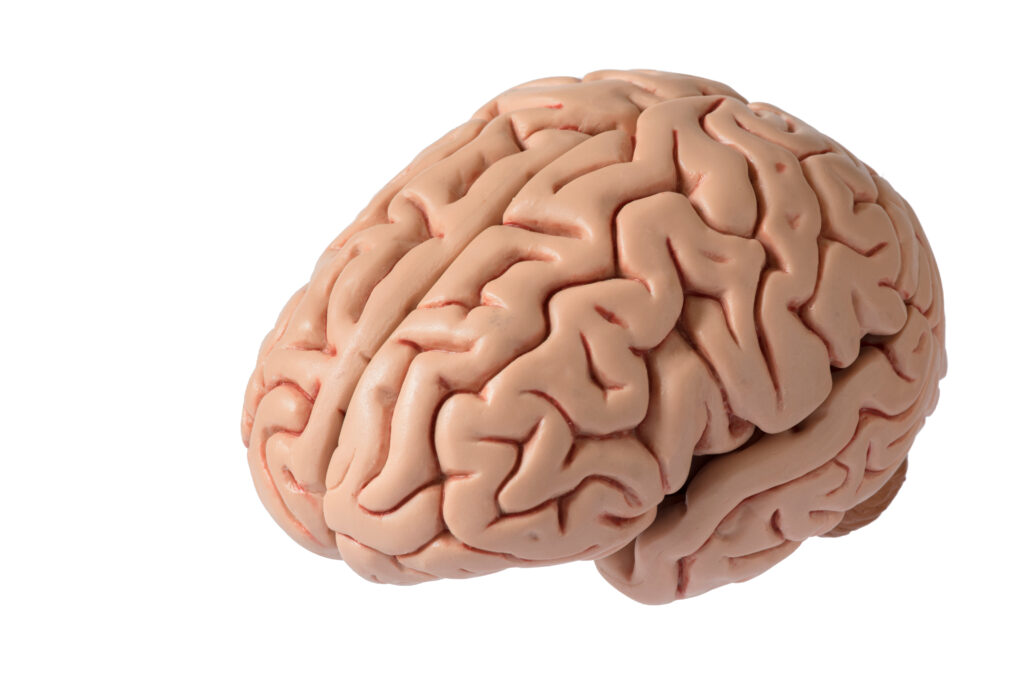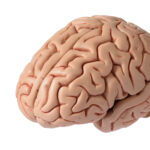**Curcumin vs. Alzheimer’s: Is Turmeric the Key to Brain Health?**
Alzheimer’s disease is a serious condition that affects millions of people worldwide. It causes memory loss, confusion, and difficulty with communication and daily activities. While there is no cure for Alzheimer’s, research has shown that a compound called curcumin, found in turmeric, may play a significant role in treating and preventing the disease.
### What is Curcumin?
Curcumin is a natural compound extracted from turmeric, a spice commonly used in cooking. It has been used for centuries in traditional medicine for its anti-inflammatory and antioxidant properties. Curcumin is known to reduce inflammation and oxidative stress, which are major contributors to brain aging and neurodegenerative diseases like Alzheimer’s.
### How Does Curcumin Help with Alzheimer’s?
Alzheimer’s disease is characterized by the buildup of amyloid plaques in the brain, which leads to cell death and cognitive decline. Curcumin has been shown to help in several ways:
1. **Reducing Inflammation**: Curcumin has potent anti-inflammatory properties. It reduces the production of inflammatory chemicals in the brain, which can help slow down the progression of Alzheimer’s.
2. **Antioxidant Properties**: Oxidative stress is another major factor in Alzheimer’s. Curcumin acts as an antioxidant, scavenging free radicals and enhancing the activity of antioxidant enzymes like superoxide dismutase (SOD), catalase (CAT), and glutathione peroxidase (GPx). This helps protect nerve cells from damage and reduces oxidative stress.
3. **Improving Cognitive Function**: Curcumin has been found to improve cognitive function in animal models of Alzheimer’s. It enhances memory and reduces the time taken to perform tasks, indicating a positive effect on memory.
4. **Clearing Amyloid Plaques**: Curcumin has been shown to help improve the clearance of amyloid plaques from the brain, which are associated with Alzheimer’s development.
### The Science Behind Curcumin’s Effects
Studies have used animal models to induce dementia with scopolamine, an anticholinergic drug that causes memory impairments similar to those seen in Alzheimer’s. When curcumin was administered to these animals, it significantly improved their cognitive abilities and reduced oxidative stress markers. The biochemical analyses revealed that curcumin treatment restored the activity of antioxidant enzymes, which is crucial for maintaining cellular redox balance and preventing oxidative damage to nerve cells[1][5].
### Practical Applications
While the research is promising, it is essential to note that more studies are needed to fully understand the therapeutic efficacy of curcumin in humans. However, incorporating turmeric into your diet could be beneficial for brain health. Here are some ways to do it:
1. **Cooking**: Add turmeric to your meals, especially those that involve curries or soups.
2. **Supplements**: Consider taking curcumin supplements, but always consult with a healthcare professional before starting any new supplement regimen.
3. **Combination Therapy**: Some studies suggest that combining curcumin with other natural compounds like omega-3 fatty acids or vitamin D may enhance its neuroprotective effects.
### Conclusion
Curcumin, the active compound in turmeric, shows significant promise in the prevention and treatment of Alzheimer’s disease. Its anti-inflammatory and antioxidant properties make it a potential therapeutic agent for reducing oxidative stress and inflammation in the brain. While more research is needed to fully harness its potential, incorporating turmeric into your diet could be a simple yet effective step towards maintaining brain health.
In summary, curcumin is not just a spice; it is a natural compound with profound neuroprotective effects that could be the key to brain health.


